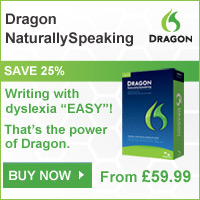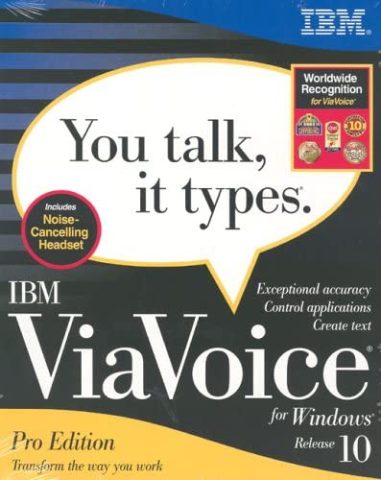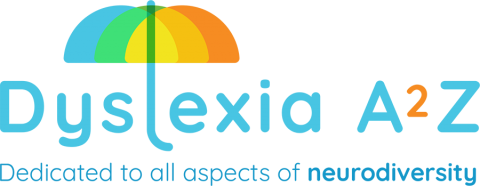 Technology – including Computers, Laptops, Tablets, Assistive Technology (AT), Voice Recognition Software (VRS), sometimes called Speech Recognition Software (SRS), and other equipment is now recognised throughout the World for enabling people to access information. In the UK, approximately 90% of the ¹population has access to a computer, if not at home, school, college, university or libraries.
Technology – including Computers, Laptops, Tablets, Assistive Technology (AT), Voice Recognition Software (VRS), sometimes called Speech Recognition Software (SRS), and other equipment is now recognised throughout the World for enabling people to access information. In the UK, approximately 90% of the ¹population has access to a computer, if not at home, school, college, university or libraries.
Assistive Technology can significantly help everyone, especially those with dyslexia or other Specific Learning Difficulties (SpLDs).
Technology – on this section of the website, you will find information on “Assistive Technology” – Voice Recognition Software (VRS), sometimes called Speech Recognition Software (SRS), Touch-Typing, and other specialist technology that can help people with Dyslexia, Dyscalculia, Dysgraphia, Dyspraxia, Attention Deficit Hyperactivity Disorder (ADHD) and other Specific Learning Difficulties (SpLDs).
¹ Office of National Statistics – 5th June 2019
Assistive Technology and Computers - Dyslexia

Computer Software Packages
There are probably thousands of software packages available now. I have only included a few of the most tried and tested ones that support reading, spelling, numeracy, writing, and organisational and planning skills.

Speech Recognition Software (SRS) & Dyslexia
Speech Recognition Software (SRS) is brilliant for anyone that has dyslexia. SRS has come a long way in the last decade. For instance, ‘Dragon Naturally Preferred‘ is rated independently to be 99% accurate and is so easy to use you’ll wish you had changed years ago.

Free Educational Games & Dyslexia
I include games in this section because many parents often see arcade-type games as children just playing. But playing these games can help develop hand/eye coordination, and a fun approach is adopted to make learning almost painless. Sinking battleships in alphabetical order is far more exciting than looking for X, Y, Z, etc., on a keyboard! Read More

